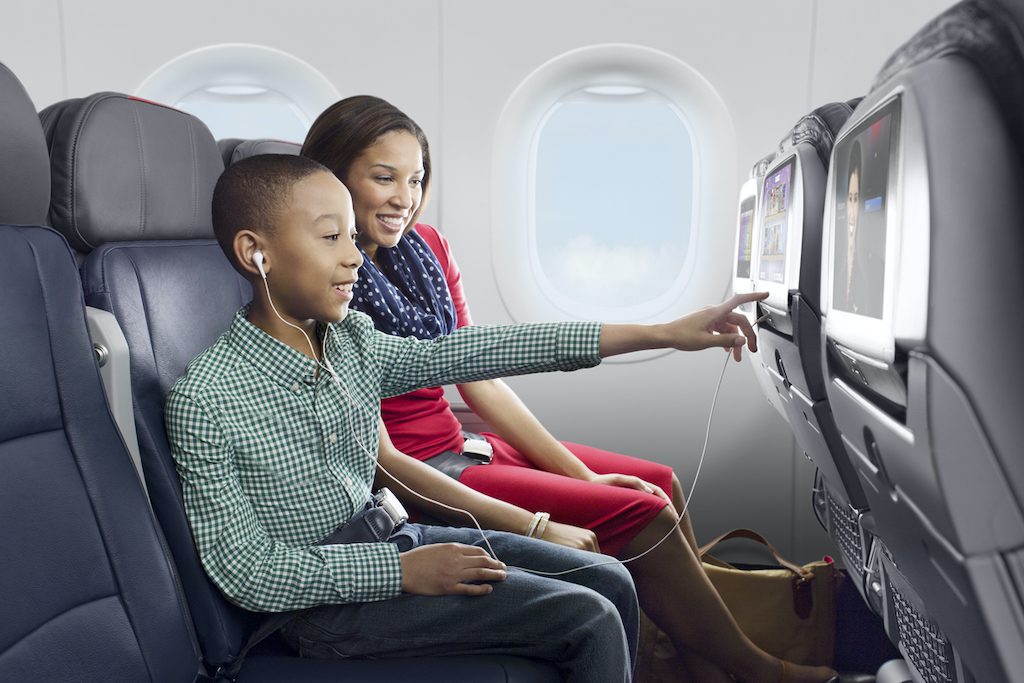Not Every U.S. Airline Is Eliminating Change Fees in the Same Way

Skift Take
In the near future, airlines expect fewer business travelers will fly. That means they need to attract people going on vacation. And a lot of those consumers do not like change fees.
When CEO Scott Kirby said Sunday that United Airlines would stop charging change fees on many fares, the airline received more positive press than at any time in recent memory. But while United won the news cycle, some of its competitors have jumped ahead, introducing more customer-friendly policies.
It's perhaps another sign U.S. airlines are moving away from the commoditization of airline ticketing. Yes, the big ones all have fallen in line on the headline — no-change fees — but the details of their plans are different enough that passengers may want to choose which they prefer. Some consumers may want to chase the most flexible policy, even if it means paying more.
Four U.S. airlines so far have announced plans to stop levying domestic change fees on all but their cheapest basic economy fares, which compete with ultra-low-cost-carriers. The four will join Southwest Airlines, which has never charged customers to change tickets. Among the larger, full-service U.S. airlines, only JetBlue Airways has not moved, though to stay competitive, it soon may join.
Despite the announcements, not every airline has fleshed out its policy yet, with a couple — perhaps caught off gu
